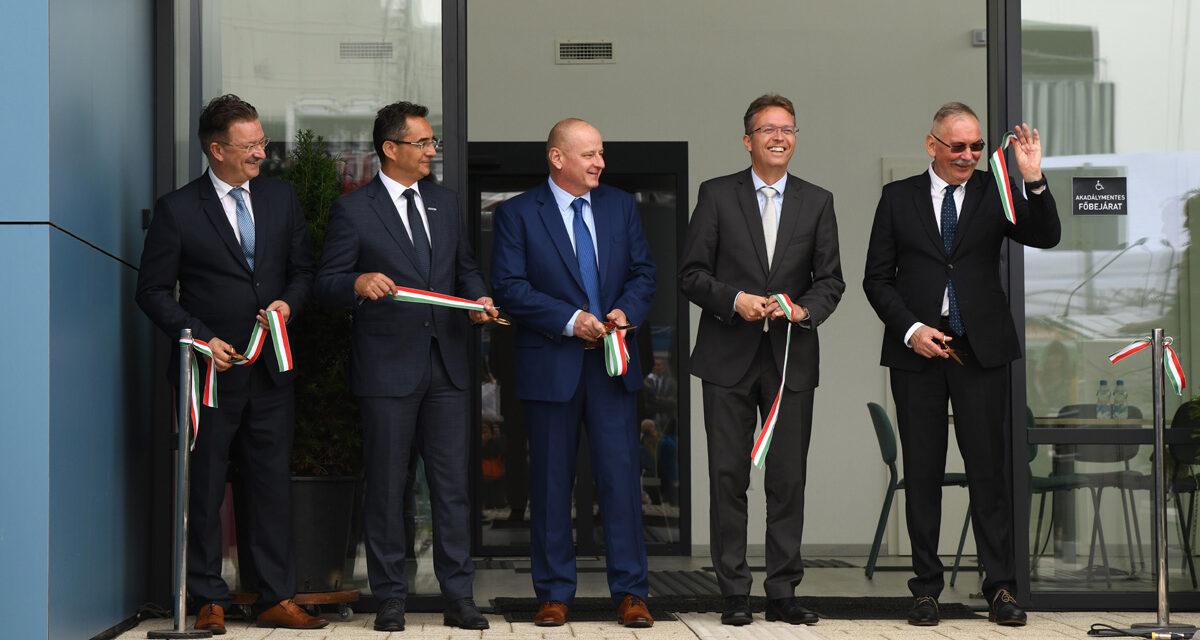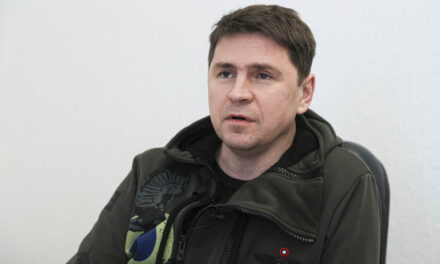This year, HUF 43 billion, more than twice last year's amount, will be used to support research excellence, the minister responsible for culture and innovation announced at the handover ceremony of the pilot research laboratory of the University of Debrecen (DE) on Tuesday.
Balázs Hankó said that not only buildings are needed, but also excellent researchers, the latter is guaranteed by the 43 billion grant, which can be used in the national research excellence program, in international tenders, in order to attract excellent researchers to Hungary, and in university excellence scholarship programs.
"Renewable infrastructure, excellent Hungarian researchers: this is the Hungarian model, which, organized around universities, will strengthen the Hungarian economy and Hungarian sovereignty," emphasized the head of the ministry.
The innovation minister said "we want to achieve no less" than that
By 2030, Hungary should be among the ten best innovators in Europe, and by then we should have Top 100 universities in the world and in Europe.
"All this in such a way as to strengthen and help the sovereignty and economy of the Hungarian nation," he added. He noted that universities have a special role to play in this.
That is why the János Neumann program was launched, in which the health industry, the pharmaceutical industry, the field of digitization and the green transition in agriculture are particularly strengthened
so that all of this strengthens Hungary's sovereignty - explained the minister.
One of the defining pillars of the János Neumann program is the development of science parks. 13 universities applied for the call for tenders, including the University of Debrecen, in whose science park the recently handed over pilot research laboratory was built.
György Kossa, the chairman of the board of trustees of the foundation that maintains the University of Debrecen, indicated that among the university's strategic goals, the creation of the health industry ecosystem, the support of innovation and, in parallel, the close cooperation with industrial partners have long played an important role. For the creation of the pilot research laboratory, a non-refundable European Union grant of about HUF 5.168 billion was obtained, he added.
László Papp (Fidesz-KDNP), the mayor of Debrecen, called the local economic development of recent years an unparalleled success, thanks to which around 20,000 new jobs were created in the city with an investment of more than HUF 5,000 billion.
DE spent HUF 82 billion in the last five years, and in the next three will spend another HUF 60 billion on education, science and research development
said the mayor.
The investment laid the foundation for the pilot research laboratory to become a research and development unit of the university based on the institution's knowledge base, capable of producing virus- and bacteria-based biological agents with sterile production technology as an industrial player.
According to Zoltán Szilvássy, the rector of the university, the research-production unit is expected to develop a bacteriophage (bacteria-killing virus) that "will destroy all local antibiotic-resistant bacteria that cause hospital infections within a year, which will eliminate this kind of infections in all medical facilities in Debrecen". Further research will be aimed at expanding the effect of phages with a narrow spectrum of action so that they can be deployed more widely, even on the continent, and eliminate hospital infections, explained the rector.
MTI
Featured image: Zoltán Bács, Chancellor of the University of Debrecen, Mayor László Papp (Fidesz-KDNP), György Kossa, Chairman of the Board of Trustees of the Gróf Tisza István Foundation for the University of Debrecen, Balázs Hankó, Minister responsible for culture and innovation, and Zoltán Szilvássy, Rector of the University of Debrecen (bj ) at the handover ceremony of the pilot, i.e. medium-sized, research laboratory of the University of Debrecen on July 2, 2024. MTI/Attila Balázs













